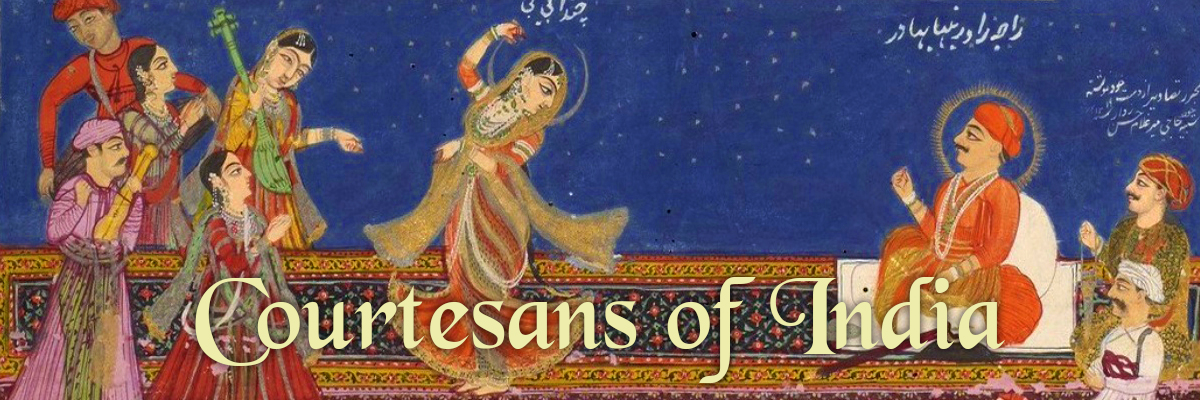From the Introduction: “Whereas in public culture devadasis oscillate in and out of sets of historical and moral discourses in which they embody a highly contested subject position, in their homes, contemporary devadasis embrace fragments of the past by remembering (and in some cases re-enacting) precisely those aspects of their identity which they can no longer express or display in public. Their music and dance repertory, extra-domestic sexuality, devotional lives, lack of menstrual taboo in their community, and experiences during the anti-devadasi movement in the early part of the twentieth century figure prominently in these private journeys of recollection. During my fieldwork with devadasi communities in coastal Andhra, I have had the good fortune of being able to observe and document some of these private journeys of recollection that take place spontaneously, often at late hours of the night amidst nostalgic longings. These plunges into the nourishing reservoirs of memory are clearly not merely fleeting nor are they simply retrospective narrations.
In the latter part of this essay, I chart these journeys, noting that they are embodied memories. They are an invaluable source for the ethnographer, and provide insights into devadasi culture that cannot be found elsewhere. I focus specifically on some of the most characteristic performance genres of the Andhra devadasi repertory to examine the ways in which these acts of recollection nurture identity. I show that these journeys of memory also highlight the disjunctures between past and present. They resist at tempts to erase or deny the past. In this essay, I argue that identity can be produced through acts of memory, and that devadasis in coastal Andhra wistfully and nostalgically elaborate upon identity to affirm their subjectivity in the present.”
